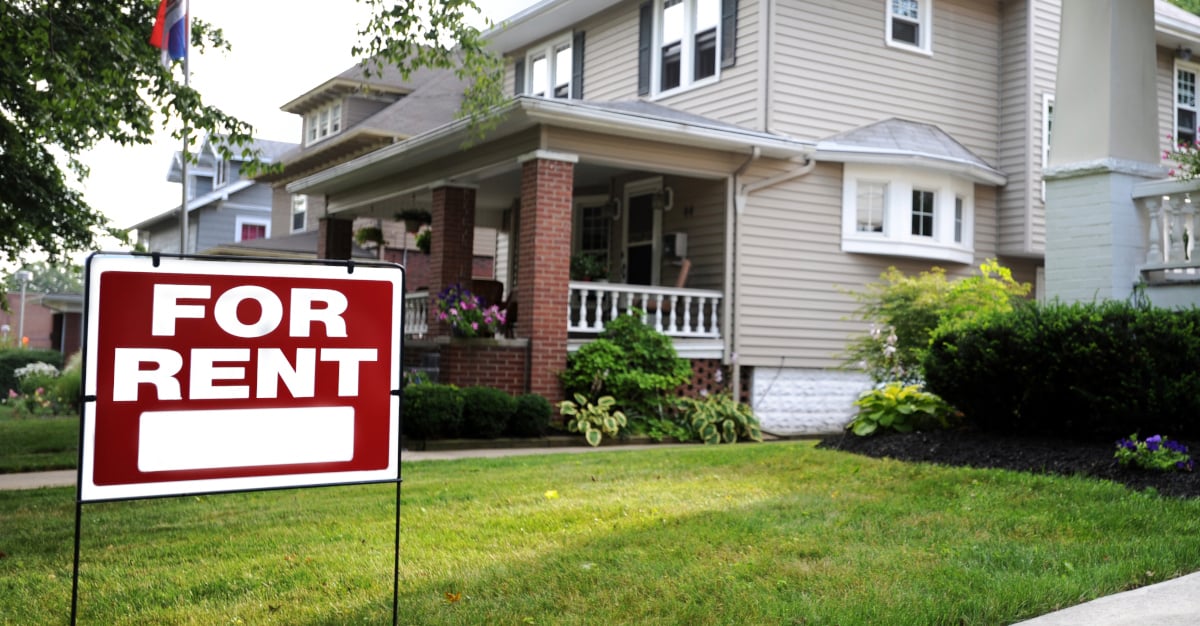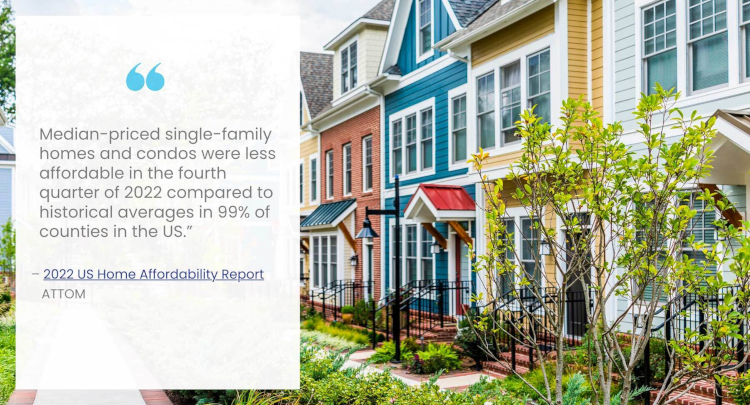Seasoned investors have much to be proud of—and a lot to protect. With numerous deals behind you and the balance sheet to prove it, it can be tempting to loosen the reins of your underwriting standards, lose discipline when pulling comps, or believe your success will prevent you from failure. It’s easy to forget the very fundamentals of house flipping that helped you build your business, but to be the best at anything takes continued diligence, even at the height of your game.
Over the last 15 years of serving the SFR industry, these are the most common mistakes we see made by seasoned real estate investors.
1. Falling In Love With the Deal
Sometimes investors will stretch to buy a property when a more disciplined version of themselves would have passed because the potential profit margin was just too thin. An all-in budget of 65-70% of the ARV is what brought them to the dance. But, in a seller’s market, they stretch to 75-80% of the ARV, because they fall in love with the deal. Throwing caution to the wind, they wind up eating it when any number of small mistakes erodes their flimsy margin.
Stick to your discipline of not being in the deal too high. There’s always another deal coming down the path.
2. Staying Married to a Deal
No matter how good your rehab turns out, there are market factors outside your control. Interest rates may rise, taxes and insurance may go up, inflation may push materials to levels you never expected. As a seasoned investor, you know this well. And yet, even as a market softens, the seasoned investor can hold onto a deal that he or she knows should be blown out and sold fast.














